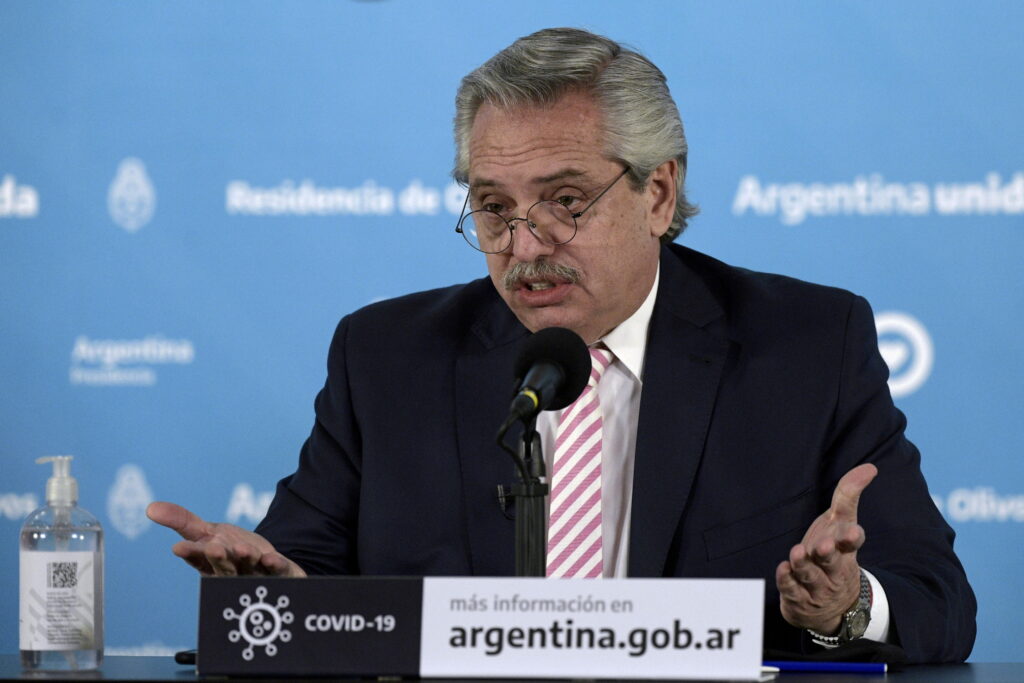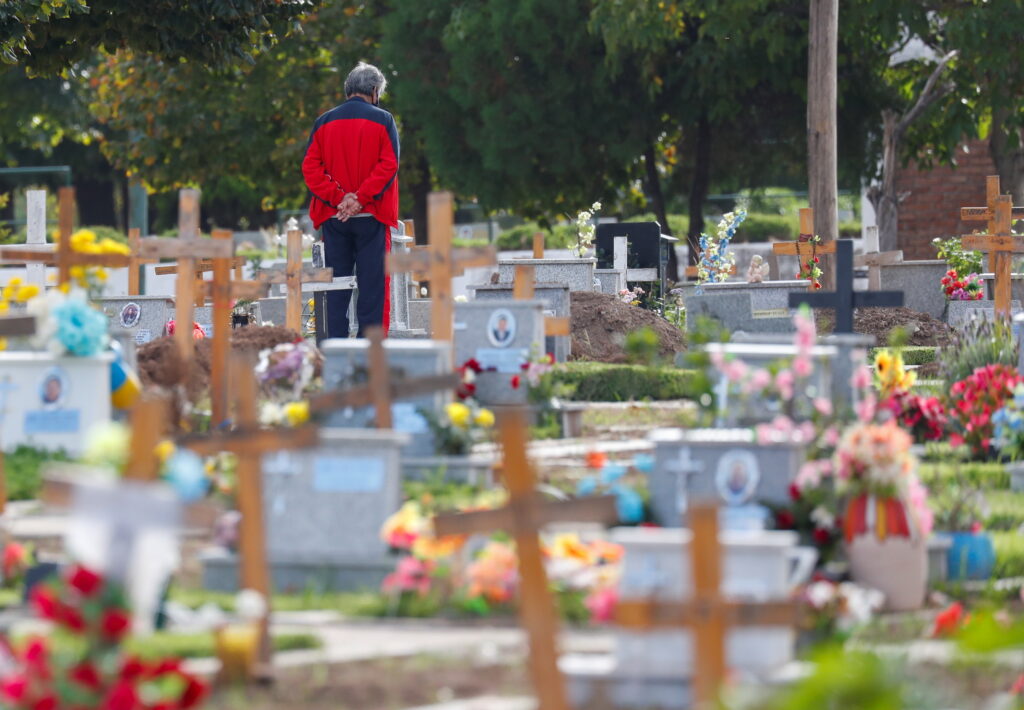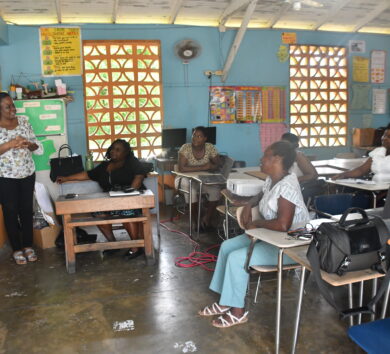

The Argentinian capital of Buenos Aires is now under curfew amid a spike in COVID-19 infections, which has rocked the city, killing nearly 60,000 people since March last year.
The announcement of the new curfew was made in a televised address to the nation by President Alberto Fernández, who openly expressed frustration at the second wave of the virus, saying the pandemic was attacking his country again.
However, he declared that the country was not giving into the pandemic.
President Fernández also announced a tightening of coronavirus restrictions to stem a surge in Covid-19 cases, especially in the Buenos Aires metropolitan area, extending a nighttime curfew and shuttering schools in the region for 15 days until the end of April. Under the measure, schools will be shut until April 30 while there will be restrictions on religious and cultural activities.

However, a row is now brewing regarding the resumption of face-to-face classes in the capital. This was triggered after a federal judge on Tuesday evening reignited the education row between the Buenos Aires City and National governments, annulling a previous court order authorizing in-person classes in the capital’s schools and casting doubt over their continuation.
Doubt raised about school attendance
The Federal Judge, Esteban Furnari sent the case to the Supreme Court, which has already declared itself “competent” to rule on the issue following a previous appeal from City Hall.
The ruling throws school attendance into doubt and raises the possibility that children in Buenos Aires could be forced to learn at home remotely until the end of April or until the Supreme Court justices deliver a verdict.
In a communiqué sent late Tuesday, the General Directorate of Private Management Education—a unit within the Education Ministry of Mayor Horacio Rodríguez Larreta’s administration—informed institutions to open as normal in the morning.
The South American country is recording an average of 25,000 daily infections, a huge number considering the fact that Argentina is home to barely 45 million people.

Many governments across Latin America are avoiding imposing blanket lockdowns as they are aware that such measures would eliminate more jobs and plunge more people into poverty. Many Argentinians are protesting against the government’s decision by honking car horns and banging on pans, according to Reuters.
“All ports of entry remain closed to most nonresident foreign nationals until further notice. Only citizens, legal residents, and foreign nationals authorized to travel for employment, commercial, diplomatic, or sporting events, and essential family reunification reasons are allowed entry,” reports local news outlet Grada, citing government sources.







Comments